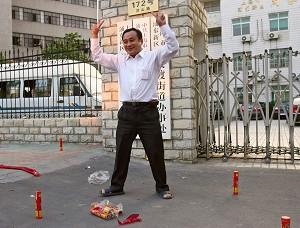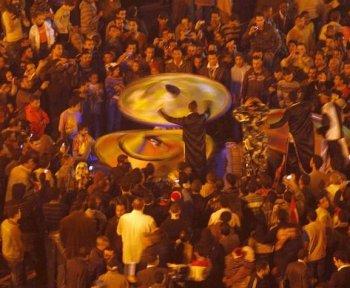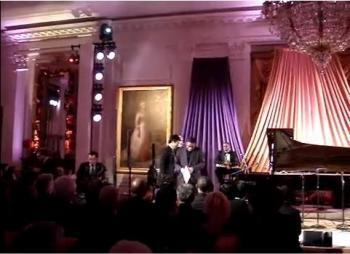CHINA – Several days ago, the State Council Information Office issued an internal notice to all major media outlets to restrict reporting on sacked Shanghai Party Chief, Chen Liangyu. The notice requires all media to report in unison, using Xinhua News Agency articles, and to not place this as a leading news story on their websites. The notice also included some other detailed requirements.
Even before the official notice, inside sources claimed that Chinese media had been ordered to downplay the reporting of Cheng’s corruption case.
The State Council Notice
In addition to the above mentioned requirements, the State Council notice also required them to monitor internet discussions of this type of news. Five types of internet comments must be deleted if they appear on a media’s BBS:
Articles and comments not in favor of the Party and the government.
Articles and comments about conflicts between central and local governments.
Articles and comments about conflicts among current central government leaders.
Articles and comments about conflicts between current and previous government leaders.
Articles and comments about conflicts between central and local government leaders.
Central Propaganda Department Also Orders Restrictions
According to the Hong Kong “South China Morning Post” (English), the Chinese Central Propaganda Department also sent out similar restrictions to the Chinese media on September 26.
The Central Propaganda Department also required that any issues or important new developments about the case must be reported to the Department and not published without prior approval. The South China Morning Post commented that, the notice indicated how nervous Beijing was about corruption cases.
Campaign Cannot Save the Party
According to renowned Chinese social economist Miss He Qinglian, the corruption in China is currently in the phase of system corruption, which means almost everyone inside the government is connected with the corruption, and when one person is found guilty, it often triggers the fall of a group of officials. However, the political cost of corruption in China is minimal, “only 6.6% of those officials who were deemed corrupt were punished,” according to Miss He’s book “The Pitfall of China’s Modernization.”
Chinese political commentator Long Yan, stated that the removal of Chen Liangyu is a rare occurrence, and is the most intense internal fight in the Chinese Communist Party (CCP) in recent years. He said that anyone with common sense can see that although the removal of Cheng Liangyu was done in the name of anti-corruption, in essence, there was a fierce political fight taking place within the Party.
Long also pointed out that Chen’s dismissal is the CCP’s equivalent of “abandoning the chariot to save the chief” to protect itself from the growing impact of the Nine Commentaries on the Communist Party and the Party’s growing tide of withdrawals. When the removal of Chen Liangyu was announced, the CCP media immediately reported that it reflected the “Party’s determination in its anti-corruption campaign.”
Actually, this is reminiscent of the days when “the Gang of Four” was arrested after the Cultural Revolution. The Gang of Four became the scapegoat for crimes committed during that period, and this actually deceived many people. This is a perfect example of the CCP’s Party culture. It hopes to play the same game once again, but with the circulation of the Nine Commentaries, people will not be so easily deceived this time, said Long.



